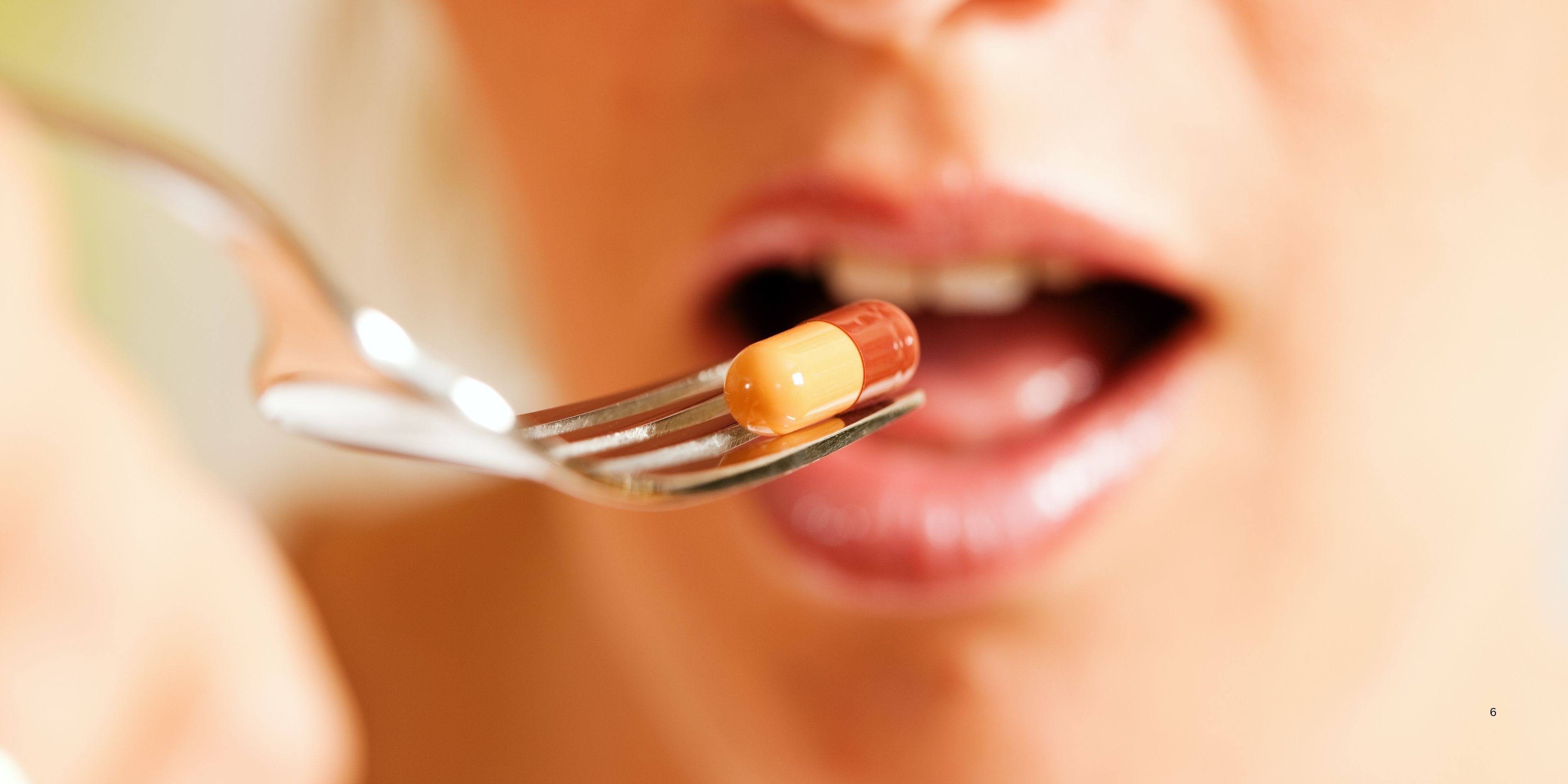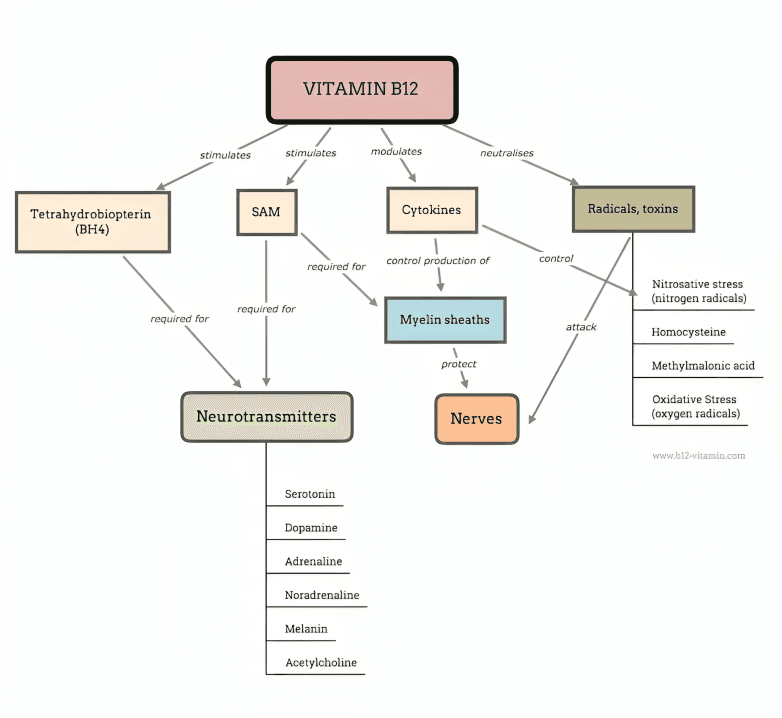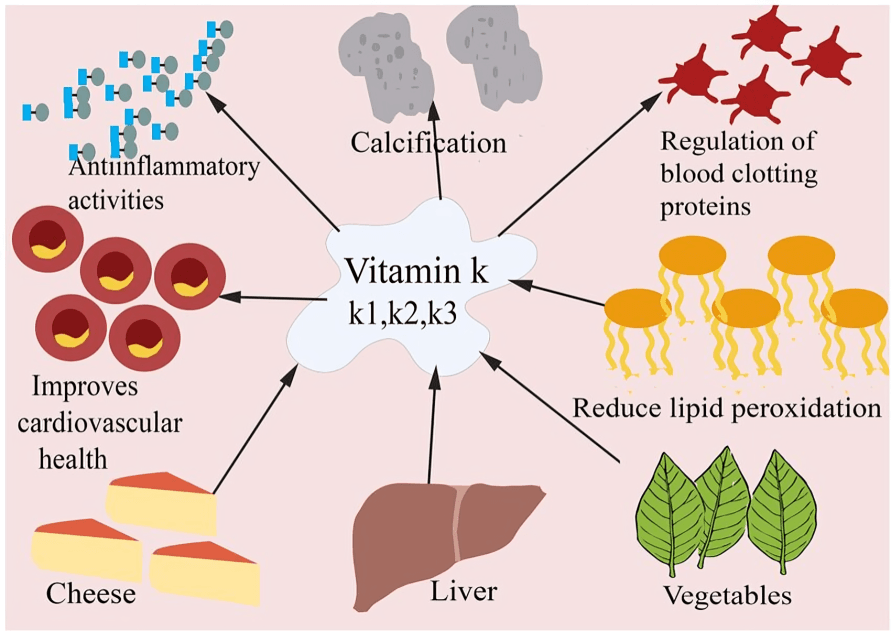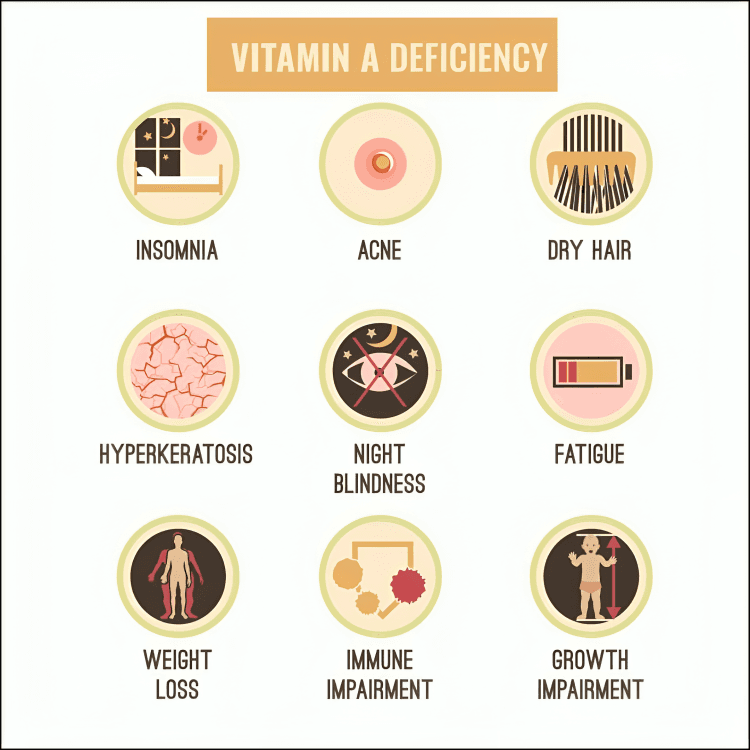
“
The connection between vitamin deficiencies and depression is increasingly recognized by health experts. When our bodies lack crucial nutrients like B vitamins, D, or iron, it doesn’t just affect physical health—it deeply influences mood, energy levels, and brain function. 1
1
”
Ancient Greek physician Hippocrates believed that a healthy diet could treat both physical and emotional illnesses. Today, this insight shows how vitamin deficiencies link to depression.1
Vitamin D deficiency is now widely recognized as a contributor to depression. Lack of sunlight exposure reduces serotonin production in the brain, a key chemical that helps regulate mood and feelings of well-being. 2

Vitamin B12 supports brain function by aiding in the production of neurotransmitters. A shortage of this vitamin has been associated with increased risk of mood disorders, including persistent sadness or apathy.
Folate (vitamin B9) is essential for producing dopamine and serotonin. Low levels of folate in the blood are commonly observed in individuals diagnosed with clinical depression or prolonged emotional fatigue. 3
Omega-3 fatty acids, often grouped with vitamin supplements, are crucial for brain health. Their deficiency can trigger inflammation in the brain, a condition linked to depressive episodes. 4
Vitamin C is not just for immunity—it plays a vital role in mental health. Low levels of this antioxidant can result in fatigue, low mood, and a general sense of emotional dullness. 5
Iron deficiency, commonly linked to anemia, also affects brain function. Inadequate iron reduces oxygen supply to the brain, contributing to poor concentration, irritability, and symptoms resembling depressive disorders. 6
Magnesium deficiency often goes unnoticed but has a major effect on mood regulation. Without enough magnesium, the brain is more vulnerable to stress, leading to anxiety, insomnia, and depressive thoughts. 7
People with chronic depression often have lower levels of zinc in their bodies. Zinc is critical for neurotransmitter function, and its depletion weakens the brain’s ability to regulate emotional responses. 8
Excessive alcohol consumption depletes B vitamins and can lead to depression. Alcohol impairs nutrient absorption in the gut, making it harder for the brain to get what it needs to stay emotionally balanced. 9
Antidepressants work better in patients who maintain optimal vitamin levels. Certain studies show that supplementing with B vitamins can increase the effectiveness of mood disorder treatments. 10
Low selenium levels have been linked to mood disorders. Selenium helps reduce oxidative stress in the brain, and without it, mental clarity and emotional control may suffer significantly. 11

Vitamin K supports cognitive health and inflammation control. Deficiencies in vitamin K have been observed in people experiencing cognitive decline and depression, particularly in elderly populations.
Vegans and vegetarians are at a higher risk of vitamin B12 deficiency, as this vitamin is primarily found in animal products. This can explain higher rates of depression in some individuals following strict plant-based diets. 12

Vitamin A deficiency can lead to night blindness and cognitive decline. In recent studies, low vitamin A levels have also been found to impact mood, causing symptoms similar to anxiety and mild depression.
Postpartum depression has been linked to low levels of certain vitamins. After childbirth, nutrient stores—especially iron, B vitamins, and vitamin D—drop, increasing the likelihood of emotional imbalances. 13
Dr. Andrew Weil, a leading integrative medicine expert, advocates using a nutrient-rich diet to improve emotional health. He says many depression cases start in the gut due to poor vitamin absorption. 14
People under chronic stress deplete their vitamin levels faster. Stress uses up B vitamins and magnesium quickly, leaving the brain undernourished and more likely to develop depressive thoughts and fatigue. 15
Niacin (vitamin B3) is important for converting food into brain energy. Without it, the brain cannot function optimally, often resulting in brain fog and symptoms resembling depression or even psychosis. 16
Vitamin E protects brain cells from oxidative stress. A shortage can accelerate mental decline, especially in older adults, and may be linked to increased rates of anxiety, forgetfulness, and depressive symptoms. 17


